Women have been at the heart of winemaking for centuries, quietly but profoundly shaping the industry. From ancient roots to modern innovation, the contributions of women have impacted how we cultivate, craft, and enjoy wine today. In this journey through wine history, we’ll spotlight inspiring female pioneers, explore some celebrated women-led wineries worldwide, and touch on the resilience of Ukrainian women who’ve stepped up amid difficult times. Let’s dive in and raise a glass to the women who make every sip memorable!
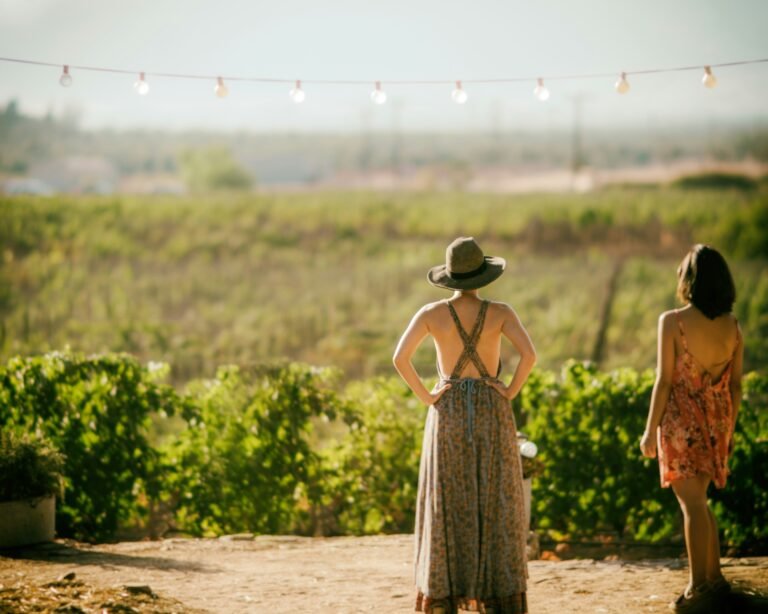
Women’s Historic Influence in Wine
Did you know that women were some of the first winemakers in ancient societies? In ancient Egypt, women were deeply involved in the wine trade, serving as winemakers and even owning vineyards. Fast-forward to medieval Europe, where convents were known for cultivating grapes and producing wines for sacramental and medicinal purposes. Though it was often behind the scenes, women’s involvement in winemaking has ancient roots, proving that they’ve been at the heart of the industry since its inception.
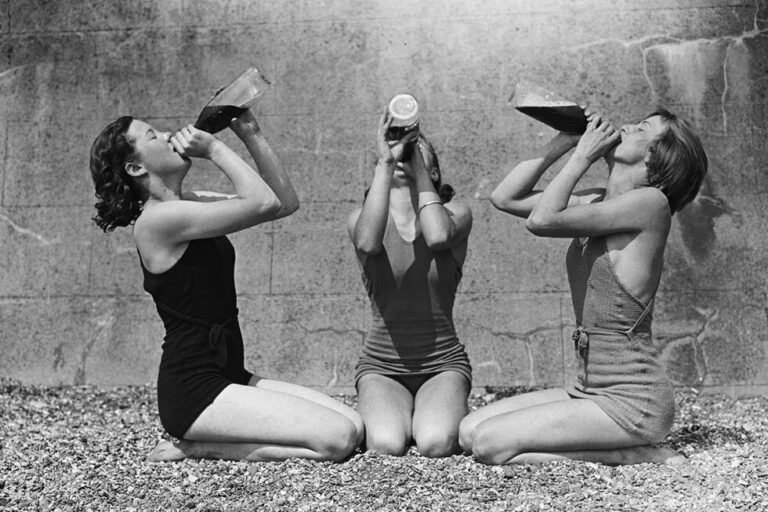
Visionary Women Who Changed the Wine Industry
In the past few centuries, trailblazing women have broken barriers, transforming the wine world with fresh ideas and ambition. One of the most iconic figures is Madame Clicquot, known as “The Grande Dame of Champagne.” Widowed at 27, Madame Clicquot took over her husband’s business and revolutionised Champagne production. She created the first vintage Champagne and invented the riddling process, which removes sediment to ensure a crystal-clear pour. Without Madame Clicquot’s vision, Champagne might not sparkle the way we love today!
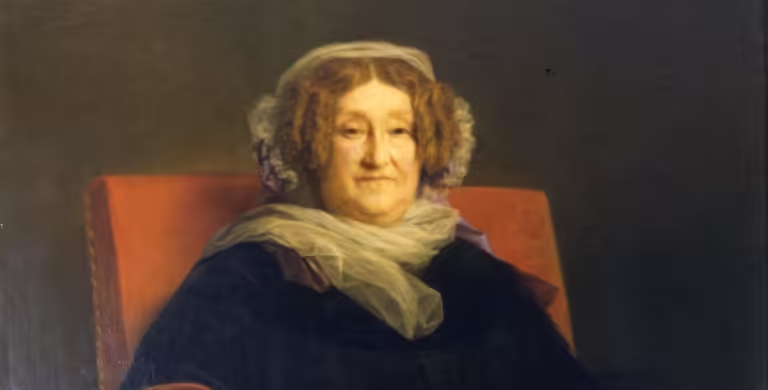
From Argentina, we have the remarkable Catena sisters, Adriana and Laura Catena, who are leading the way in producing exceptional wines in Mendoza. The Catena family is known for pioneering high-altitude viticulture in the Andes, which has redefined the region’s winemaking potential. Laura, a physician and fourth-generation winemaker, has elevated the Catena Zapata winery to international acclaim, while Adriana, a historian, has helped to document and celebrate the family’s legacy, showing how innovation and heritage can flourish together.
In Italy, Elisabetta Foradori has transformed the wine scene by championing biodynamic farming and focusing on indigenous grape varieties. Her work in Trentino has not only revived unique local grapes like Teroldego but has also positioned her as a leader in sustainable winemaking. Foradori’s commitment to authenticity and environmental responsibility has set a new standard for what winemaking can aspire to be.
Celebrated Women-Led Wineries Around the World
The global wine industry is home to many exceptional women-led wineries, each bringing unique perspectives and practices. For instance, South Africa’s Ntsiki Biyela, the first Black female winemaker in the country, has received international acclaim for her bold, balanced wines. As the founder of Aslina Wines, Ntsiki combines South African terroir with her own vision, producing wines that celebrate the region’s diversity and resilience.
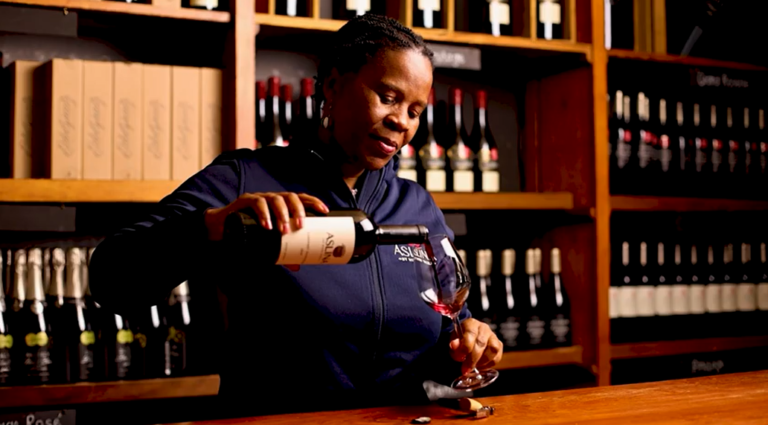
In Burgundy, Domaine Jessiaume is managed by Megan McClune, an American who has brought fresh ideas and international appeal to the traditional French estate. Her approach to terroir-driven wines, balancing classic methods with innovation, has gained her accolades in the French wine world. Spain’s María José López de Heredia of R. López de Heredia Winery continues her family’s 140-year legacy with passion and dedication. Her commitment to the traditional Rioja methods—aged in large oak barrels for many years—preserves a winemaking style that few others still practice, making her wines as unique as they are historical.
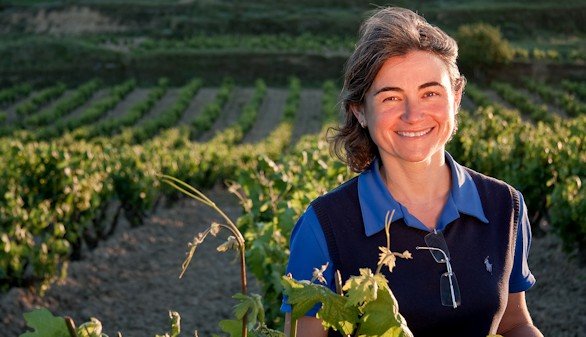
Fun Fact: Did you know that women have heightened senses of smell compared to men? This natural sensitivity is one of the reasons women are considered particularly skilled in the winemaking world, allowing them to detect subtle aromas and flavours that make each wine distinctive.
The Strength of Ukrainian Women in Wine
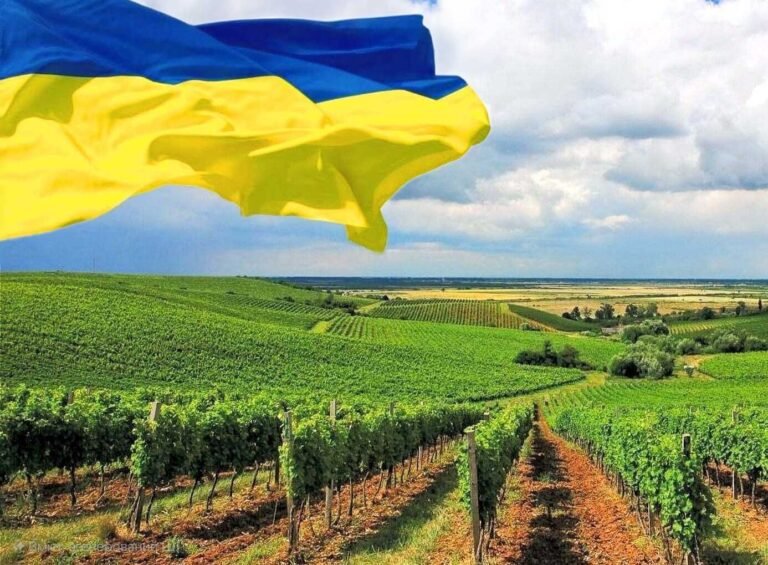
Since the onset of war, Ukrainian women in the wine industry have taken on remarkable responsibilities. With many men called to the front lines, women have stepped into vital roles, managing vineyards, overseeing production, and keeping businesses running under incredibly challenging circumstances. This resilience has allowed Ukrainian winemakers to preserve their craft and cultural heritage, showing the world the strength and determination of their communities.
Looking to the Future of Women in Wine
The influence of women in wine is only growing. Today, female winemakers, owners, and entrepreneurs are shaping a more inclusive and innovative industry. With more than half of the students in global winemaking programmes now being women, we’re likely to see an exciting evolution in wine styles and practices in the coming years. Cheers to the women who’ve made wine history—and those who are still crafting its future!
Fun Fact: In many wine regions, some of the most exciting new wines are produced by family-led estates where daughters are taking the reins. These fresh perspectives often bring new energy to old vineyards, making for truly unique wines!
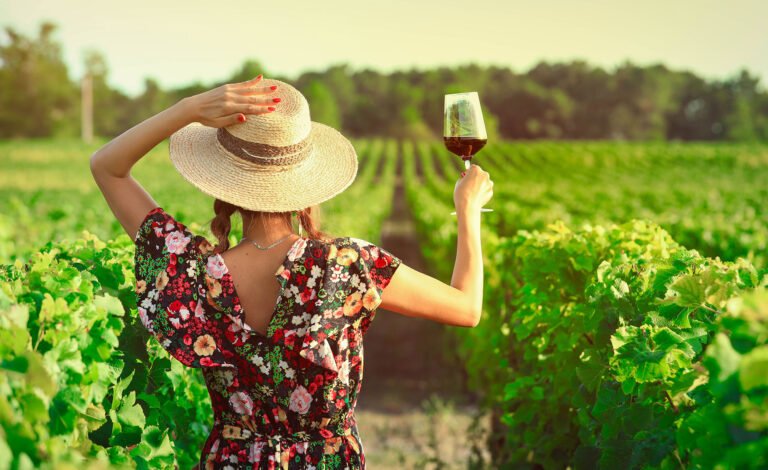
Whether you’re savouring an Argentine Malbec or a South African Chenin Blanc, remember the incredible women behind each bottle. From centuries past to the present day, they’ve shown that wine isn’t just a craft but a legacy—one that women around the world continue to shape, sip by sip.